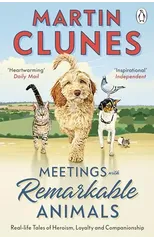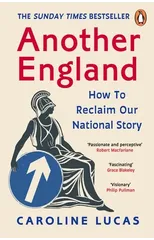Goodbye Eastern Europe
An Intimate History of a Divided Land
(Author) Jacob MikanowskiAn epic history of the 'other' Europe, a place of conflict and coexistence, of faith and folklore. 'Do not rush to bid farewell to eastern Europe until reading this book. Meticulously researched and beautifully written, this very personal story of the place that one can't find on the map pays tribute to the origins of the experiences, cultures and ideas that continue to shape political and ideological battles of the modern world.' Serhii Plokhy Eastern Europe is more than the sum total of its annexations, invasions and independence declarations. From the Baltics to the Balkans, from Prague to Kiev, the area exuded a tragicomic character like no other. This is a paean for a disappearing world of movable borders, sacred groves and syncretism. And an invitation to not forget. *** A SPECTATOR BOOK OF THE YEAR 2023 'An insightful chronicle... distilling more than a decade of research, [Mikanowski] carefully argues that if something marks out Europe's eastern half, it is not homogeneity but wild, glorious diversity.' --Economist 'A lively and sweeping history.' --Washington Post 'Goodbye Eastern Europe is a thematic history of a divided half-continent, a goulash of imperial histories, shifting frontiers and heartbreaking family stories, spiced with myth and poet-martyrs, and deeply satisfying on the palate... vital and informed.' --TLS
Jacob Mikanowski
Jacob Mikanowski is a writer known for his insightful and thought-provoking essays on literature, culture, and history. His work often explores the intersections of politics, art, and society, offering unique perspectives and deep analysis. One of his most notable works is "The Riddle of the Labyrinth: The Quest to Crack an Ancient Code," which delves into the decipherment of Linear B script and its implications for our understanding of ancient civilizations. Mikanowski's writing style is characterized by meticulous research, engaging storytelling, and a keen eye for detail. His contributions to literature have expanded our knowledge of ancient languages and cultures, while also shedding light on the complexities of human history.



